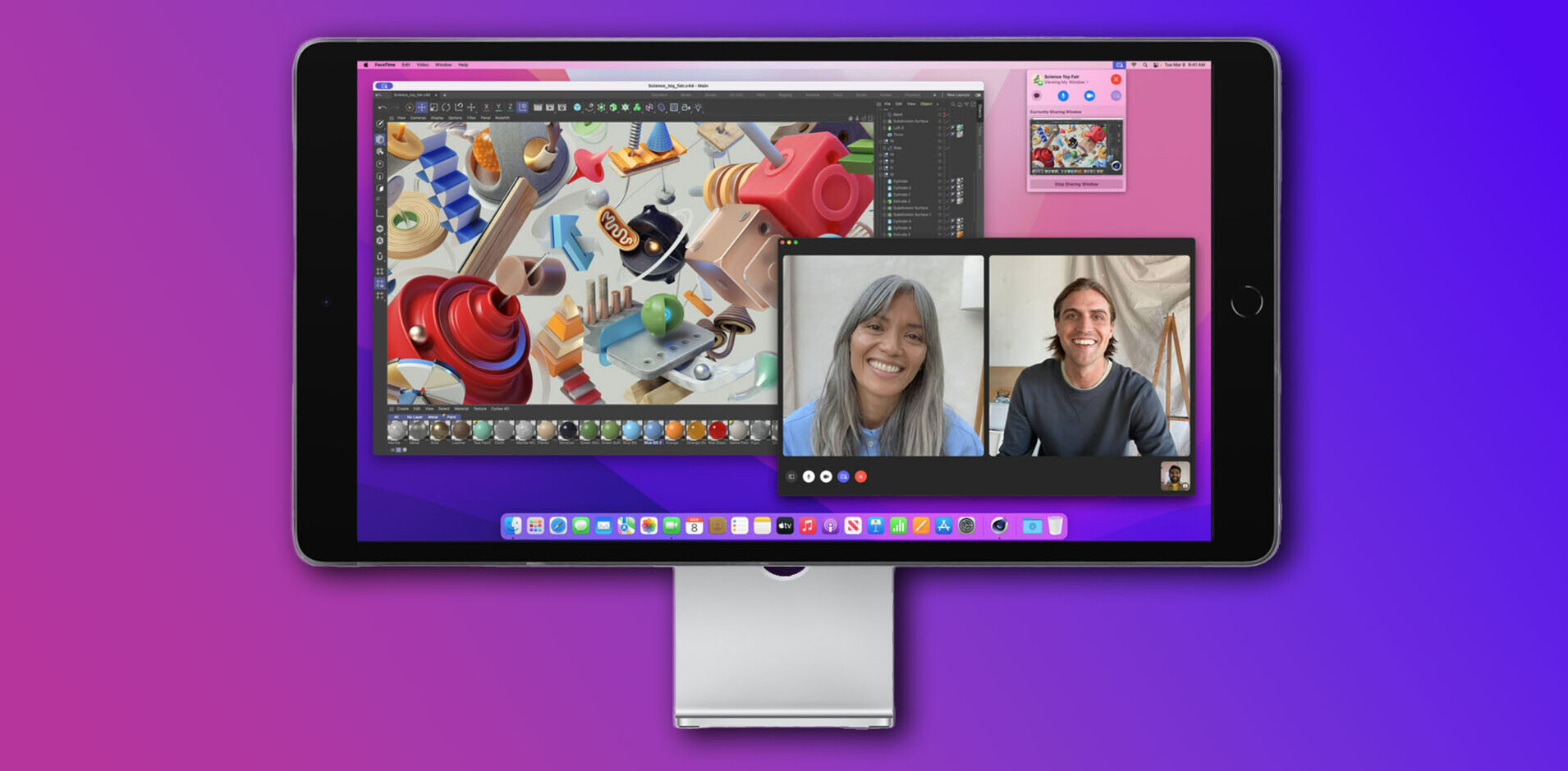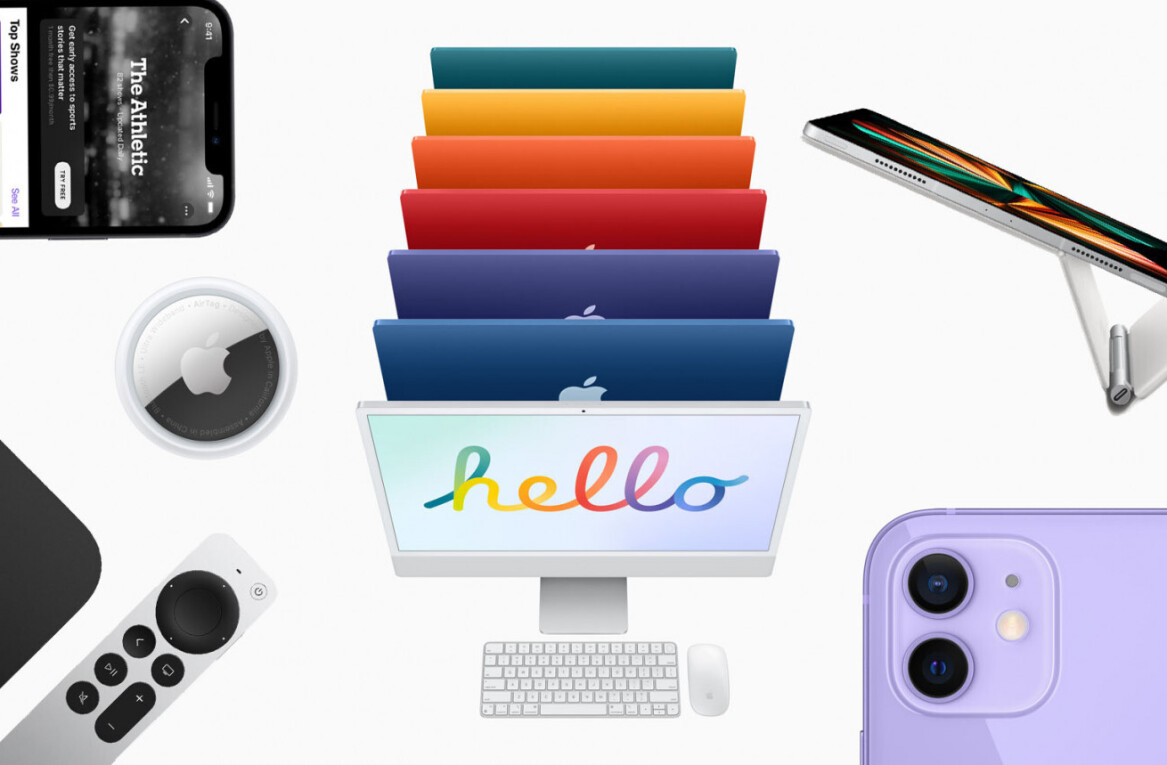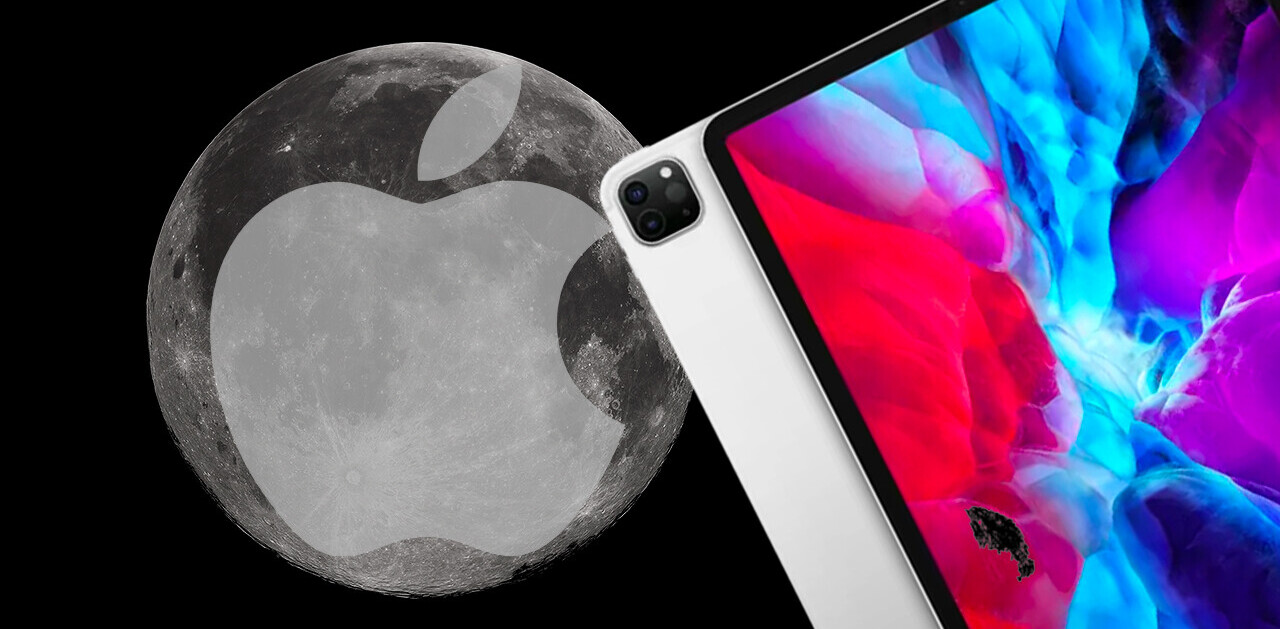
 Google’s Chrome Web Store is here. We covered its launch this week, detailing Google’s new marketplace for Web-based “apps.”
Google’s Chrome Web Store is here. We covered its launch this week, detailing Google’s new marketplace for Web-based “apps.”
The apps, which are currently free, are essentially just bookmarks to existing websites. But that wil all soon change as the keyword here is “store.” As cool as Google’s Chrome OS is, there’s no way publishers are jumping onto yet another platform to hand out free apps. Smart publishers only want to create new apps for platforms when those apps will make them money.
The Google Chrome Webstore, and other browser app stores like Mozilla’s similarly announced endeavorer, will be a landmark opportunity for publishers to charge for content whether it’s on the Web, a smartphone, an iPad or any yet to be seen tablet.
So will it work?
With the appropriate amount of scale, the app market has the potential to offer content providers an entirely new and unexplored avenue for distribution. Thus, if an applications market can develop outside of the current model, and convince consumers to purchase the devices that service those ecosystems, then media companies have a chance to benefit from this exciting new addition to the app marketplace. –Howard Mittman, Publisher of Wired
First and foremost, Google’s Chrome Web Store gives publishers a presence.
Steve Kurtz, VP of Digital Development at USA TODAY, who has already placed an app in Google’s Chrome Web Store says, “I think it gives us the opportunity to execute our business strategy, whether that’s paid content or display advertising or a combination of both. What’s beneficial about the Web store is that it makes these applications easier to find and may attract new customers that may not be using our other applications or visiting our website.”
But beyond presence, and brand recognition, publishers need to make money. For the market to work, consumer’s buying habits have to warrant charging for content. Simply put, as buyers we can’t want or have free everything anymore. Google and publishers are banking on the fact that Apple’s iOS store, Android’s Marketplace and iTunes have changed the average user’s mentality so that they are now willing to pay for content, whether it be movies, music, books or news, if it’s easy for them to do so.
USA Today’s Kurtz agrees:
“Certainly consumers are willing to pay for the right content and experience. Everyone is in the early stages of figuring out that formula and the next year should provide some interesting case studies,” he says.
It’s been done before. Now it seems, it’s Google’s turn to do the same.
“One of the big dreams of the whole Web platform is that on the Web, you can create something once and it can be viewed across all the different browsers. Apple said if you want to play in our space you’ve got to do it this way and we had to because of Apple’s massive adoption Since Apple allows us to charge money, it made even more sense.,” says Mark Mangan, CEO and Publisher of Flavorpill.
The NYTimes app is free for now and available through the Chrome Web Store. But readers will be asked to pay for access to the content of the app when The Times launches its pay model next year.
“We currently enjoy a digital business dominated by advertising. The introduction of our pay model for our digital products will enable us to add another lucrative revenue stream. We expect in the future that all our products will have dual revenue streams in some measure,” says Denise Warren, Senior VP and Chief Advertising Officer for The New York Times Media Group and GM of NYTimes.com.
Publishers can potentially start making money for these “Web apps,” where they haven’t been able to before because consumers are not used to paying for websites. Currently, the “apps” in Google Chrome’s Web Store are HTML5 websites that have been designed to look like apps. Chrome enables certain functions that won’t work in other browsers and users also can’t buy or “install” an app except in Chrome. One major long term benefit for publishers is that HTML5 allows for offline usage, and slicker, more app-like features with polished designs.
“As the Web continues to evolve, we are harnessing new tools – like HTML5 – to enhance how our readers interact with The Times and to develop a more engaging experience,” said Warren of The New York Times. “This app is a unique opportunity for our advertisers to align their brand with The Times’s affluent and influential audience on an innovative new platform.”
With offline storage, users will be able to download a game, magazine or book to enjoy even when they’re not connected to the Internet. Google and publishers are hoping that with that a new consumer mindset and HTML5 functionality, that Webstores will be what iTunes and app stores are for mobile, but on the Web. With the Chrome Web Store, Google TV and Google eBooks are their way, it seems as if Google is thinking of becoming a much more transactional entreprise.
So how will Google profit? In a recent CNET interview, Google Engineering Director Linus Upson described what sets Chrome Web Store apart from the other Web stores. First, he says, while the Chrome Store will collect a fee when it sells an app, Google is not trying to make its store a profit center. “We collect only enough to cover our costs,” Upson says. According to the same interview, Google will process several types of payments for developers such as up-front purchasing of an app, recurring subscription fees, and in-app add-on purchases through Google Checkout. Developers will also have the option to put Google ads into their apps–and this is where Google will likely make most of its money. When Mozilla launches their own Firefox app store, it will also benefit publishers greatly as Firefox currently has a larger audience than Chrome in the US and worldwide. And Google’s Upson implied to CNET that Google would either contribute to this effort or adopt its final spec.
In 2008, the publishing world realized it was serious trouble. Glossy magazines became emaciated. Newspapers folded into twilight. People were no longer picking up magazines and newspapers like they once were. But we still hungered for content, we just didn’t know how or where to turn. Many believe the industry has now been saved by something tangible, yet digital, a connected tablet on which we can read all of our daily news, watch all of our favorite movies, tv shows, play our favorite games, and communicate with our social networks. We’ve got a few devices with different browsers and operating systems to access content from, but how will it all come together in a seamless way?
This is exactly what Google is aiming to do. Will Google’s Chrome Web Store be a real gamechanger for publishers? The real question is, will you pay for richer Web-“app” based content?
Get the TNW newsletter
Get the most important tech news in your inbox each week.




